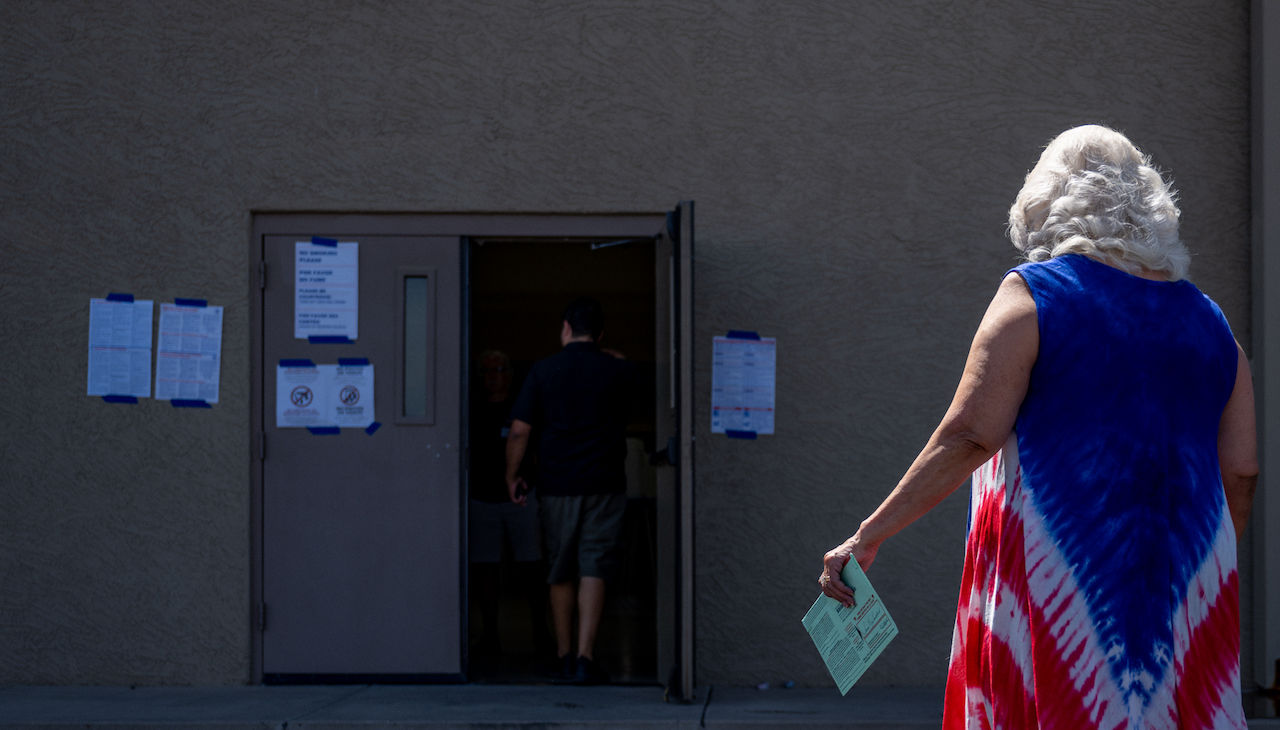
A Federal Court strikes down provisions of Arizona voting law, scoring a win for Latino Advocacy groups
S.B. 1260, signed into law in 2021, was officially enacted on Sept. 24th, but will move forward without two of its original provisions.
This is a developing story.
Voto Latino scored a legal victory on Monday, Sept. 26, after a federal judge ruled in favor of advocacy groups and blocked two key provisions in Arizona’s S.B. 1260, aimed at canceling voter rolls without notifying voters, in addition to penalizing organizations providing assistance to constituents in different states.
“After months of intense litigation, it’s a huge victory to see these harmful provisions blocked in time for Election Day — but our work is far from over,” a Voto Latino email release noted.
Voting rights advocacy groups — which argued the law provided no “workable mechanism” to notify voters their registration would be canceled if a county recorder received credible information of an undue voter roll, resulting in the inability of a voter to cast their ballot.
The judge’s order concluded the provision did not satisfy mandates in the National Voter Registration Act, which argues that an election official must directly confirm with the voter that they have moved and intend to register and vote at their new address before the county recorder cancels the voter’s prior registration.
Language in the bill subjected constituents to an onerous mailing process via which the voter would confirm their new address, but did not provide a timeline in which the voter would be re-registered.
“Neither provision requires direct authorization from voters or compliance with the NVRA’s notice provisions prior to a county recorder removing a voter’s registration from the rolls,” the order read.
RELATED CONTENT
The judge also concluded the cancellation provision was not in line with similar federal rulings, asserting that reliance on communication between county recorders was “insufficient to constitute confirmation from the registrant under the NVRA.”
Other provisions include penalizing organizations that assist voters without first confirming a change of address, suggesting that organizations would engage in a multi-state voting operation by providing a “mechanism for voting.”
And on language surrounding the felony committed, the judge stated the guiding statute was “too vague to give people of ordinary intelligence notice of whether knowingly registering out-of-state voters is a crime.’’
“As it stands now, however, whether their registration or other efforts are criminal will turn on the judgment of law enforcement officers, prosecutors, and judges- not the Arizona legislature, which failed to define ‘mechanism for voting’ with sufficient clarity,” the order continued.
A third provision contested by Voto Latino and other advocacy groups was the removal clause, which barred voters from receiving early mail-in ballots.
The court ruled would remain in effect, since, according to the ruling, removal from the Active Early Voting List “does not prevent the voter from voting at her polling place on Election Day if she did not receive a mail-in ballot.”
In the lawsuit, several advocacy groups argued the law places an undue burden on voters, targeting a specific subset of people, including transient voters due to unique circumstances, like unstable housing, student populations, and elderly folks who relocate to Arizona for retirement.





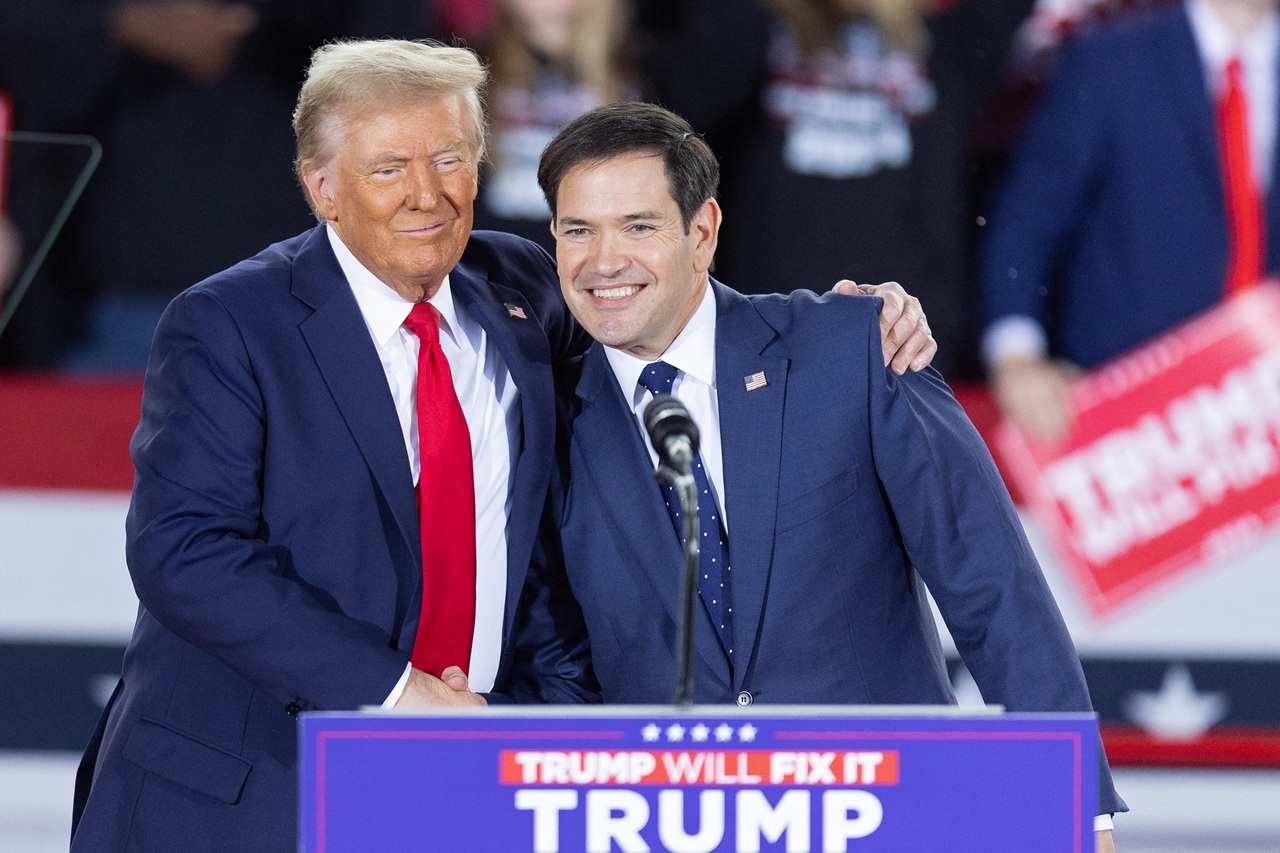

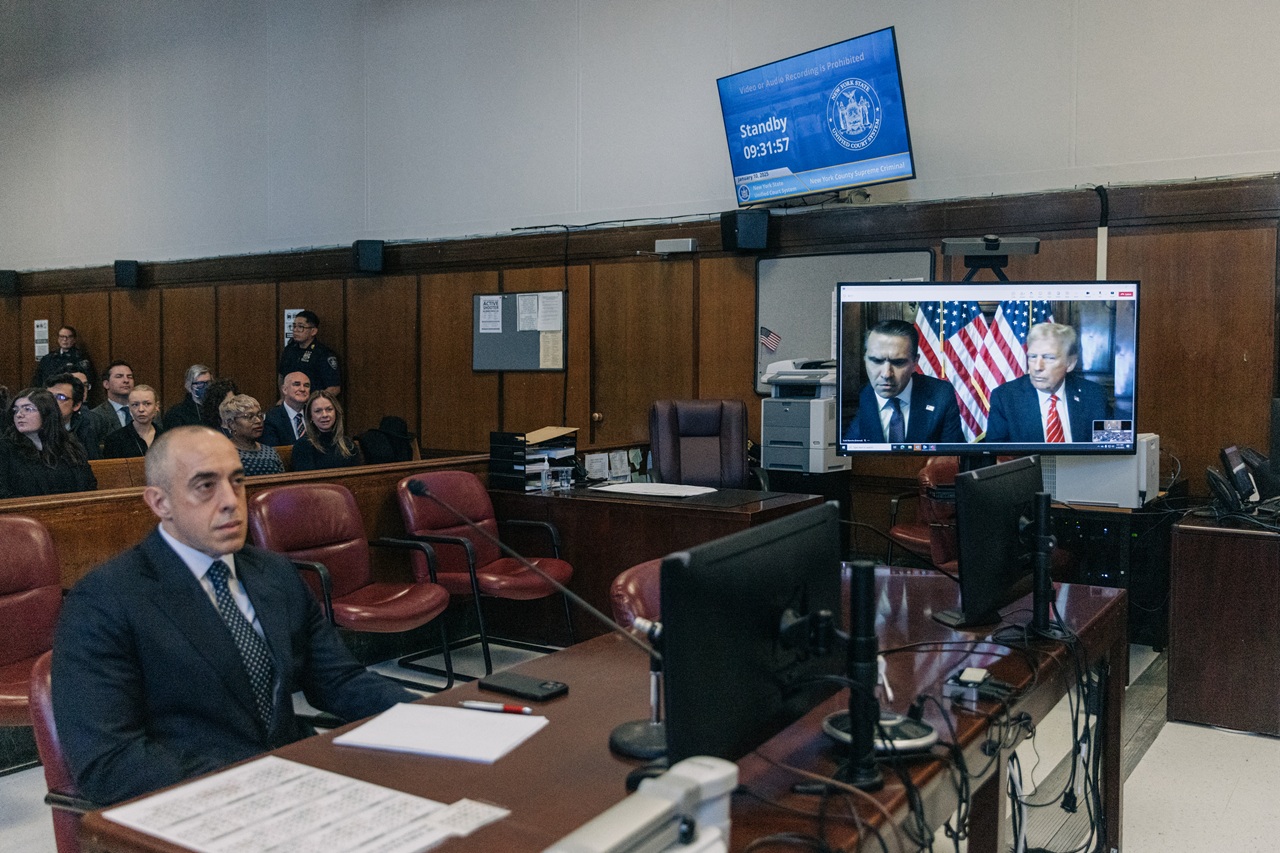
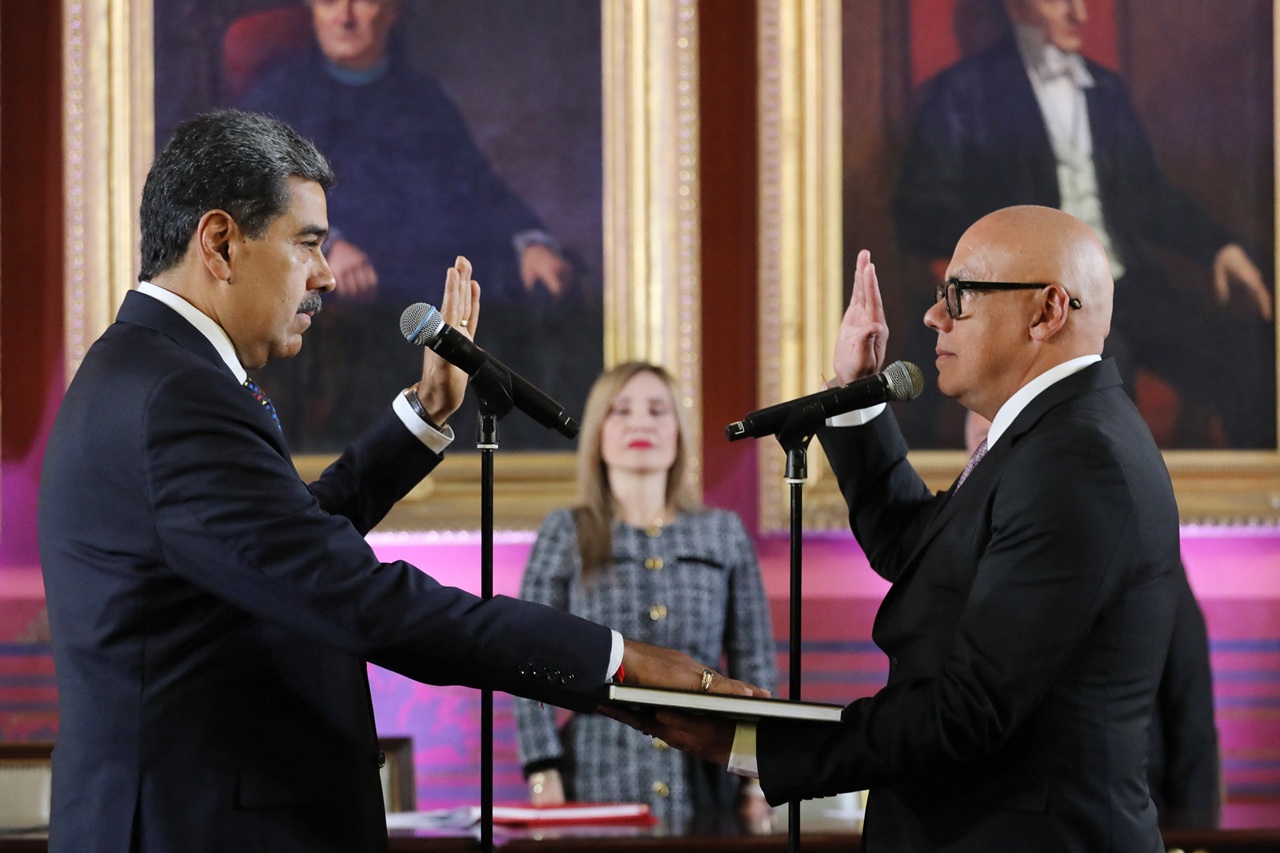
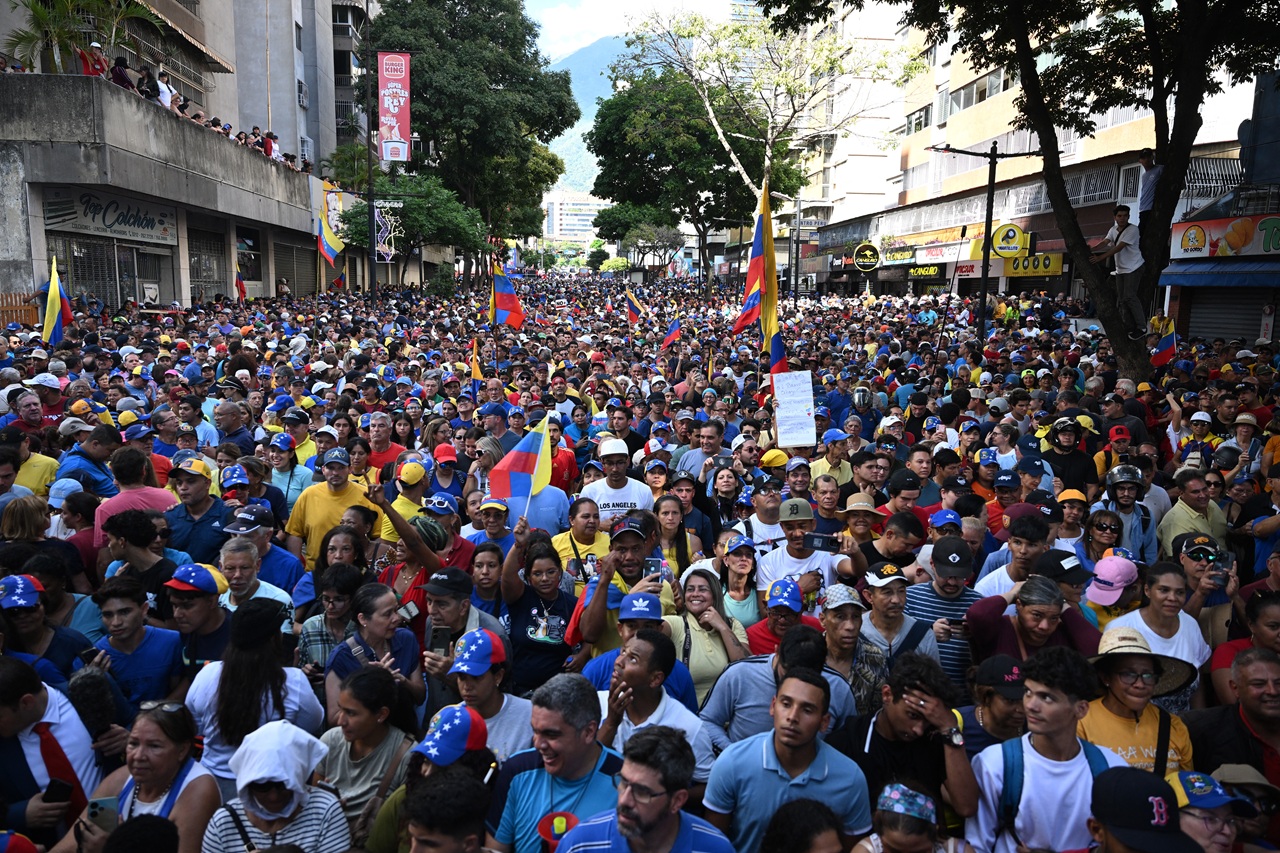

LEAVE A COMMENT: